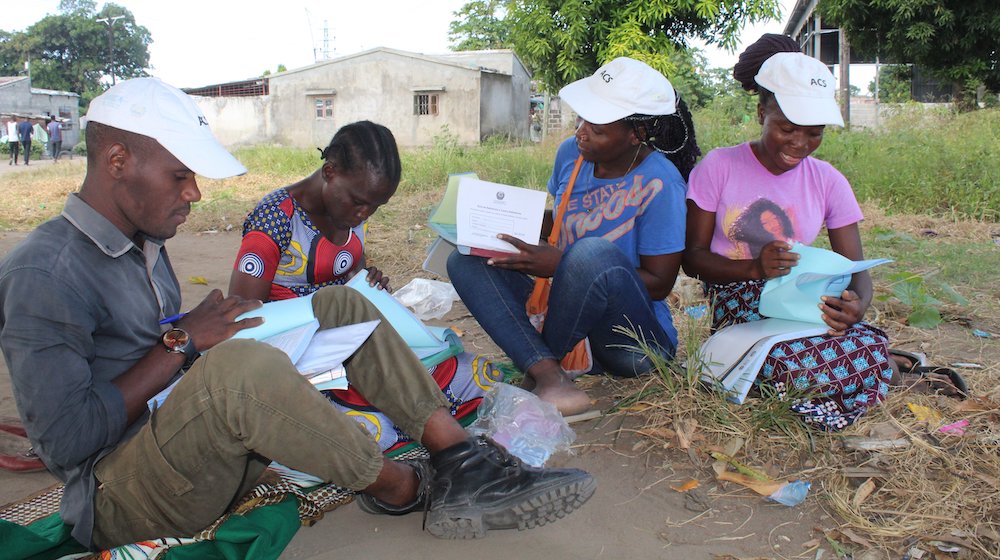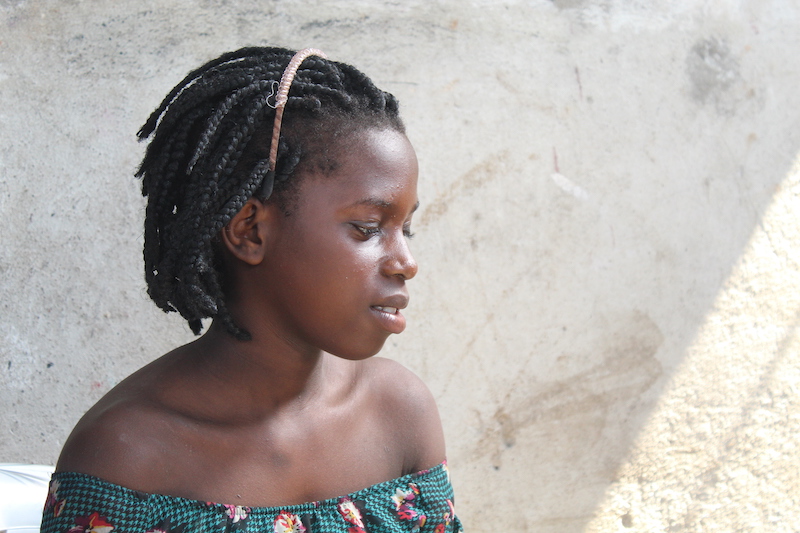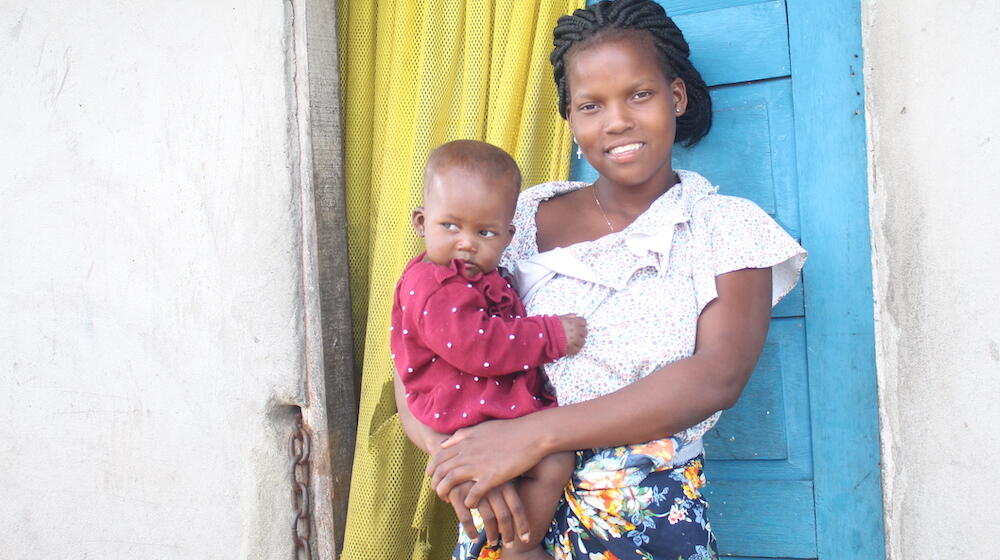SOFALA, Mozambique – When Eulina João, 19, became a mother at the tender age of 17, she lacked crucial knowledge about sexual and reproductive health. She believes her life could have taken a different path if she had been armed with the knowledge she has today about family planning.
If I had known two years ago what I know today, I could have made different decisions and planned my family life differently.

“My baby is nine months old. If I had known two years ago what I know today, the information that this project has brought us through its activists, I could have made different decisions and planned my family life differently,” she says.
High rates of child marriage, teen pregnancies
In Mozambique, more than half of all births occur to girls and young women between the ages of 15 and 24, and four out of ten girls are married by the age of 17. Sofala province has one of the highest percentages of early marriage between the ages of 15 and 17. The province has a relatively high maternal mortality rate of 355 per 100,000 live births (2017 Census). Just 15 per cent of the population in Sofala uses contraceptives.
The project she referred to – Improving Reproductive, Maternal and Adolescent Health – aims to improve these indicators in the four districts of Sofala Province where it is being implemented (Beira, Dondo, Nhamatanda and Búzi). Led by the Government of Mozambique, the project is being funding by the Korea International Cooperation Agency (KOICA), with technical support from UNFPA.

When a community health activist discussed sexual and reproductive rights with 15-year-old Delfina Patrício, the information came a little too late. “I was pregnant and didn't know what to do,” says Delfina.
The activist spoke to her about her reproductive health and family planning. “I understood I had the right to sexual and reproductive health, and wanted to share this information with my mum,” she says. She decided to speak to her about what she had learned.
I wish I'd had access to the information earlier. I could have guided my daughter sooner.
Her mother, Deolinda, listened with concern. “My priority is my daughter’s well-being. After listening to the information she told to me about contraceptive methods, I encouraged her to use them after having the baby. I see so many girls pregnant at such an early age. I wish I'd had access to the information earlier. I could have guided my daughter sooner,” Deolinda says.
Aware of the challenges faced by communities where support for family planning is limited, the project’s community health activists like Manuel Manhoso go door to door to impart information and hold community sensitization sessions on family planning and sexual and reproductive rights. The support they provide is vital for ensuring a healthy future for boys and girls.
“Increasing the demand for sexual and reproductive health services at health centres and mobile clinics is one of our main objectives,” says Mr. Manhoso. “It’s incredibly encouraging when a mother, father or guardian encourages their daughters and sons to use contraceptives.”
Each month, five mobile clinics are deployed to remote areas where access to health services remains a challenge. These clinics cater to an average of 600 adolescent girls and young women, providing them with the essential health care they need. Additionally, 17 young women hold mentoring sessions once a week, offering guidance and support to 20 to 30 adolescents each.
Four months ago, Ms. João decided to use a contraceptive implant – giving her hope once more. “Now I feel that I can decide on my future and focus on school,” she says.


